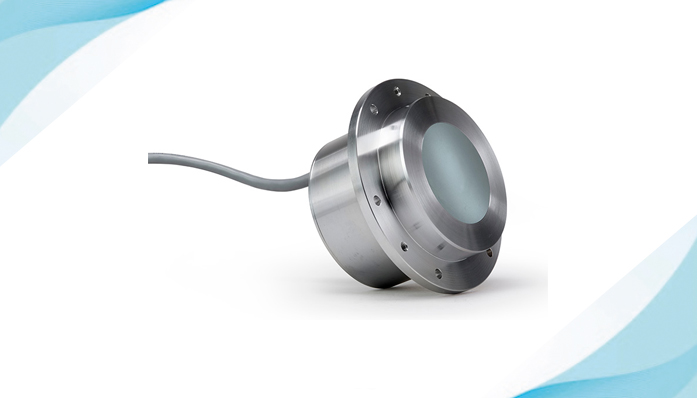
Microwave moisture measurement sensors are innovative devices that have revolutionized the field of moisture analysis across various industries. These sensors utilize microwave technology to accurately and non-destructively measure the moisture content of different materials. Whether its food processing, agriculture, pharmaceuticals, or construction, microwave moisture measurement sensors offer a reliable and efficient solution for moisture analysis. In this article, we will explore the working principles, benefits, and applications of microwave moisture measurement sensors.
Microwave moisture measurement sensors operate based on the principle that the dielectric properties of materials change as their moisture content varies. These sensors emit microwave signals towards the material under test and analyze the reflection and absorption of these signals. The moisture content is then determined by evaluating the changes in the microwave signals caused by the interaction with the material.
Non-destructive: Unlike traditional moisture analysis methods that often require destructive sampling, microwave moisture measurement sensors enable non-destructive testing. This means that the integrity and quality of the material remain intact, and the measurements can be performed repeatedly without causing any damage.
Real-time monitoring: Microwave moisture measurement sensors provide real-time moisture measurements, allowing for immediate feedback and adjustments in the production process. This real-time monitoring capability enhances quality control and helps in maintaining consistent moisture levels, leading to improved product quality.
Accuracy and reliability: These sensors offer high accuracy and reliability in measuring moisture content. They can provide precise readings even for materials with varying densities and compositions. By eliminating the need for sample preparation and reducing human error, microwave moisture measurement sensors ensure consistent and trustworthy results.
Wide range of applications: Microwave moisture measurement sensors find applications in diverse industries. They can be used for moisture analysis in food processing, agriculture (soil and crop moisture monitoring), pharmaceuticals (pill coating analysis), construction materials (concrete curing), and many other sectors where moisture control is critical.
Cost-effective: With their non-destructive testing capability, microwave moisture measurement sensors help reduce material waste and optimize production processes. By preventing over-drying or excess moisture, businesses can save costs associated with rework, energy consumption, and raw material usage.
Food processing: Microwave moisture measurement sensors are used to monitor and control moisture levels in various food products, including grains, snacks, baked goods, and dairy products. They ensure product quality, extend shelf life, and enhance overall food safety.
Agriculture: These sensors play a vital role in agriculture by providing precise measurements of soil moisture content. Farmers can use this information to optimize irrigation schedules, reduce water consumption, and enhance crop yields.
Pharmaceuticals: In the pharmaceutical industry, microwave moisture measurement sensors are employed to analyze the moisture content of pills, capsules, and powders. This ensures the efficacy, stability, and quality of medications.
Construction: Microwave moisture measurement sensors are utilized in the construction industry to monitor the moisture content of building materials such as concrete, wood, and drywall. This helps prevent structural damage, ensure proper curing, and maintain the integrity of the construction projects.
Microwave moisture measurement sensors have become indispensable tools in moisture analysis across a wide range of industries. Their non-destructive testing capability, real-time monitoring, accuracy, and reliability make them highly valuable for quality control and process optimization. By providing precise and immediate moisture measurements, these sensors contribute to improved product quality, reduced waste, and cost savings. As technology continues to advance, microwave moisture measurement sensors are likely to evolve further, enabling even more efficient and sophisticated moisture analysis techniques.